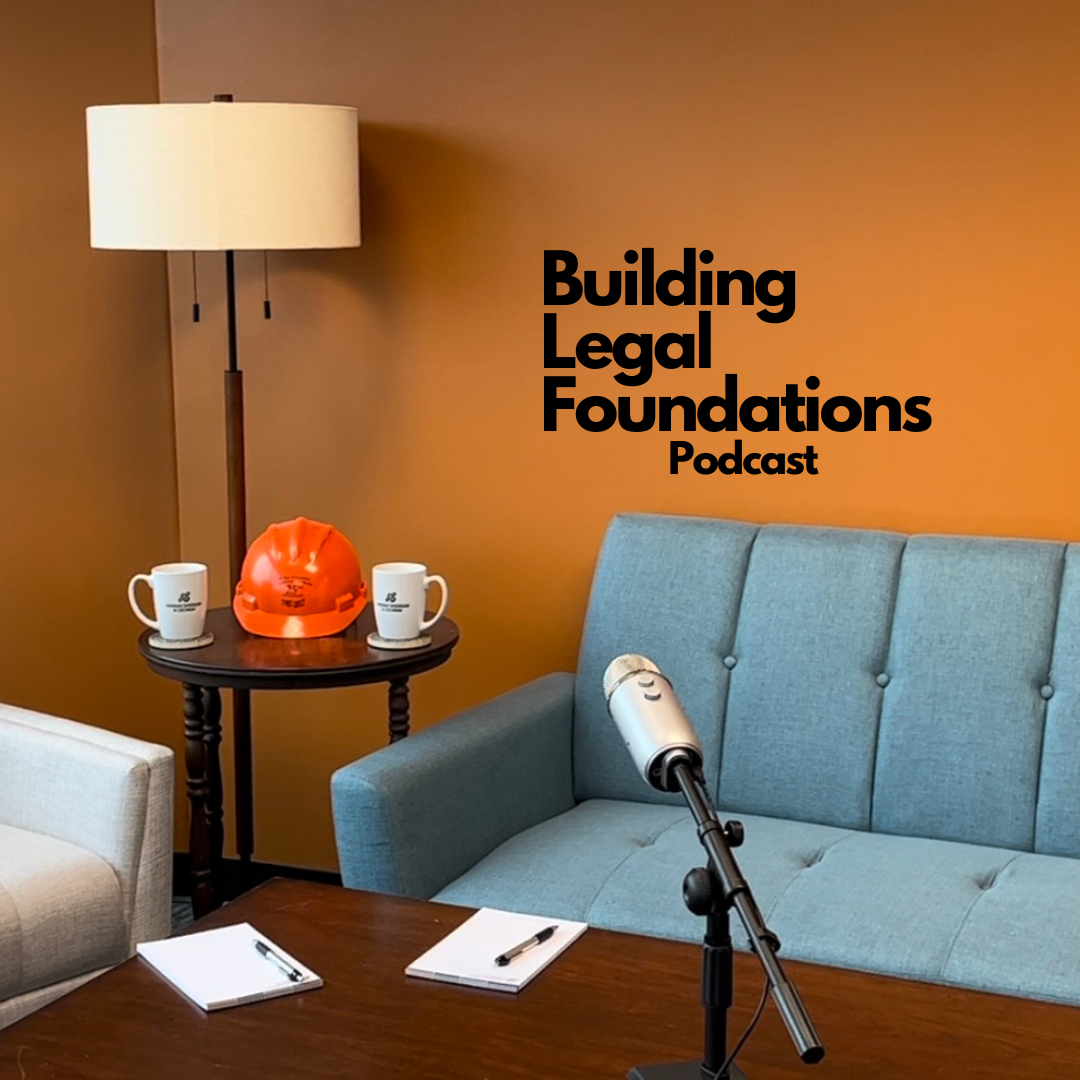Hannah Sheridan & Cochran's own podcast, previously available via Spotify, is now available to listen…
Court Calendaring Conundrum
Ever wonder how a court decides what case to hear, when to hear it and what the hearing is about? The process is somewhat cumbersome and often unpredictable. The general rule of thumb is – if you want it to happen quickly it won’t, but if you want to drag anchor and slow things down, then you will find yourself on a calendar almost instantly.
Trying to explain the court calendaring process would be tedious at best and outright boring at worst. Let it stand to reason that the practice within the courthouse occurs via two avenues – any party may request a hearing or trial date by communicating with the Trial Court Administrator (or Coordinator) also known as the TCA for the judicial district handling the case; or the TCA can schedule a hearing or trial on their own volition. The latter occurs often when a TCA feels that a case is languishing and generally is based upon case reviews looking for any large gaps in time in the progression of a case.
In explaining to clients or community groups how cases progress it might be helpful to consider the varying interests. The plaintiff, who started the court process, generally starts off wanting the issue resolved yesterday. The defendant, who was invited to the party, often wants to slow things down unless they feel wrongly invited. The court system is generally “graded” by the legislature based upon its efficiency in dispatching cases, so the court has no dog in the actual fight, but does have an interest in being fair and impartial while moving cases down the road. There is no way of getting around the fact that there are some lawyers in the profession who do not mind dragging a case out for any number of reasons.
So how does this translate for a business interested in having its grievances redressed and then moving on to more productive endeavors? If a matter is unopposed, then the Rules of Civil Procedure control the speed of getting to a judgment. The filing of a Complaint does not start the clock. The clock starts with service of a Summons and Complaint. Thirty days must elapse after service is accomplished before a default can be sought. That clock can be extended thirty additional days simply by a defendant requesting an extension of time (which is there for the asking). If a party files a response, then the ability of a lawyer to guess how long a case might last pretty much is out the window. From that point forward the Rules of Civil Procedure and the TCA hold the greatest sway in guiding the case’s path through the system. In recent years, judges have become less willing to continue scheduled hearings and trials without good cause being given – and sometimes even when good cause is given.
Clients should consult with their attorney to determine what strategic decisions can be made and to gain some perspective as to the potential time table for a court case. The lawyer will not have a crystal ball to forecast with any kind of exactness, but can talk you through the process and prospects for a certain set of facts. The key is to realize that once a Complaint is filed with the court and an Answer if filed by a defendant, control of the timing of the case leaves the parties’ hands for all intents and purposes. It is a reality of the existing system, no more and no less.


